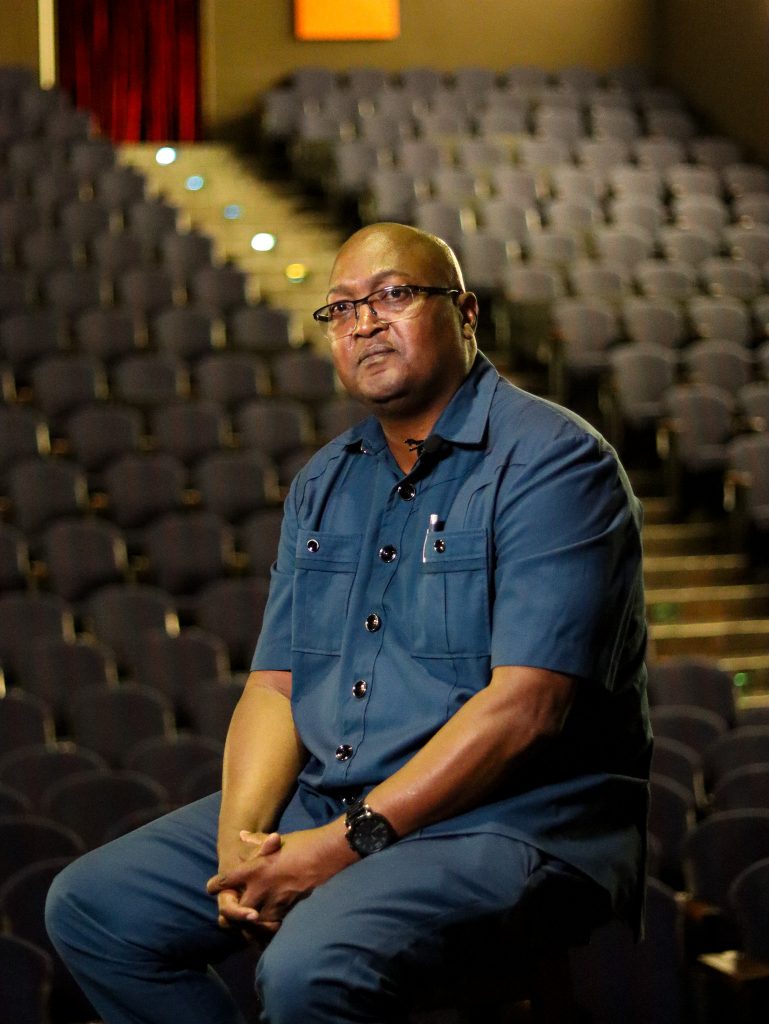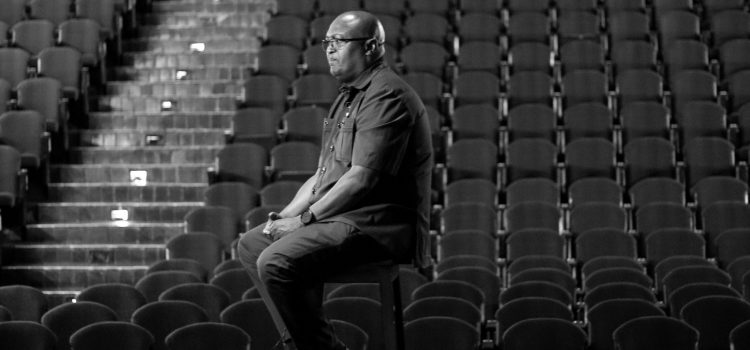God of Women: A Theatrical Clash of Cultures
By Prof. Francis Sifiso Nyathi
“What happens when two vastly different cultures collide? Can traditions withstand the forces of globalization, or do they inevitably change?”
When I wrote “God of Women,” I aimed to explore a reality that many Africans encounter daily: the tension between deeply rooted traditions and the inevitable influence of Western culture.
The world has transformed into a global village, and whether we embrace this change or resist it, Western norms have infiltrated African spaces.
But what does this mean for African identity? How do we navigate the conflict between what is inherently ours and what is being imposed upon us?
The Clash of Tradition and Modernity
In the play, I illustrate these cultural tensions through moments that may seem trivial at first but carry deep significance. One such moment is when Lewanika’s child, influenced by Western socialization, plays an April Fools’ Day prank on her father. While in Western culture, this may be seen as harmless fun, in an African setting, especially within a royal household, such an act is nothing short of abominable. It challenges the very structure of respect and hierarchy that African traditions uphold.
Another layer of this conflict unfolds through John and Joyce, two modern characters in the play, who engage in a thought-provoking dialogue about Western notions of gender and identity. Through them, I explore how African societies react to ideas that, while normalized in Western spaces, remain controversial or even unacceptable in traditional African contexts.
Blending Greek and African Storytelling
Although “God of Women” is deeply rooted in African themes, I drew inspiration from the classical structures of Greek tragedies. The works of Sophocles and Euripides, along with those of African dramatist Ola Rotimi, significantly influenced my storytelling approach. I focused on how fate, power, and identity shape my characters’ destinies. This fusion of African and classical dramatic elements enriches the narrative, creating both a cultural critique and a theatrical experience.
The Role of African Writers in Cultural Preservation
As African writers and intellectuals, we hold the responsibility of preserving and promoting our values. Globalization is shaping our societies in irreversible ways, but we must be intentional in our choices about which aspects of Western influence to embrace and which to challenge.
“God of Women” is my contribution to this ongoing conversation, a reminder that while cultures evolve, we must ensure that the African social fabric remains strong and intact.
A Play That Sparks Conversations
I invite you to experience God of Women, not just as entertainment but as a mirror reflecting the realities of our time.
Whether you agree or disagree with the themes it explores, I hope that it will make you think, question, and engage in meaningful discussions about what it truly means to be African in today’s world.

African stories matter. Let’s continue telling them, preserving them, and celebrating them.
****
Prof. Francis Sifiso Nyathi is a playwright and author passionate about African identity, culture, and storytelling. ‘God of Women’ is one of his earlier works, tackling the complexities of tradition in a modern world.
